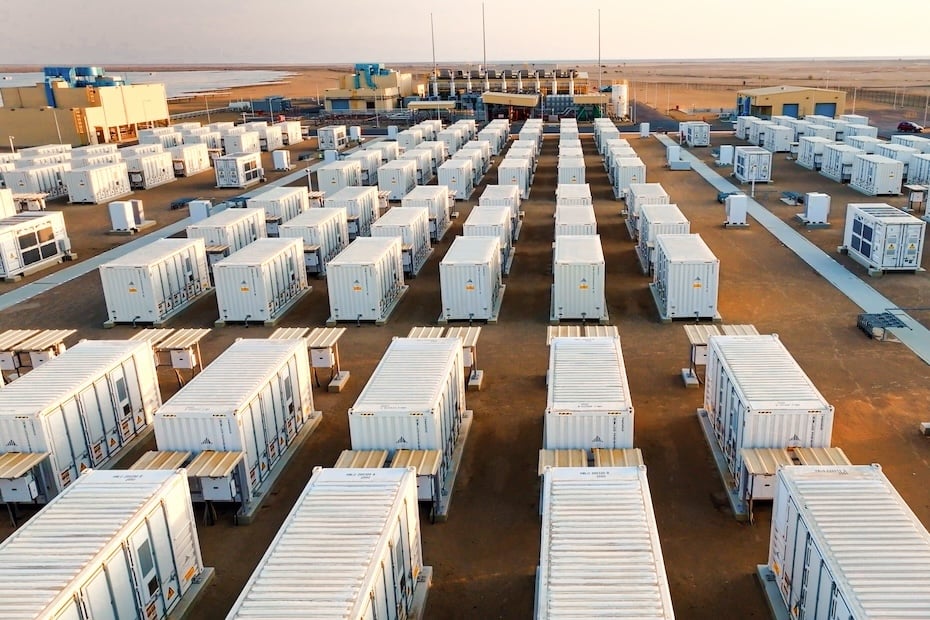World's Largest Solar-Powered Microgrid Under Construction in Saudi Arabia

The microgrid, a key component of Saudi Arabia’s Vision 2030 initiative, aims to advance the country’s transition towards sustainable energy sources. The development is part of the broader Red Sea Project, which encompasses various eco-friendly and sustainable energy solutions designed to reduce the region's reliance on fossil fuels.
The solar PV system, with its substantial capacity, is expected to provide a significant portion of the energy required for the Red Sea Project’s operations. The integration of the 1.3GWh energy storage system will ensure a stable and continuous power supply, addressing the intermittency issues commonly associated with solar energy. This combination of large-scale solar power and advanced storage technology highlights Saudi Arabia's commitment to enhancing its renewable energy infrastructure.
The project's scale and technological advancements are anticipated to have a substantial impact on both the local and global energy sectors. By deploying cutting-edge technology, Saudi Arabia is positioning itself as a leader in the global transition towards clean energy solutions. The successful completion of this microgrid will not only contribute to the country’s renewable energy goals but also serve as a model for similar initiatives worldwide.
The Red Sea Project, which spans a vast area, is expected to showcase the effectiveness of integrating large-scale renewable energy systems with advanced storage capabilities. The microgrid’s development is aligned with Saudi Arabia's broader strategy to diversify its energy sources and reduce its carbon footprint, thereby supporting global environmental goals.
The construction phase of the microgrid is currently progressing, with significant advancements expected in the coming months. The project's completion is projected to significantly enhance the region's energy security and sustainability, marking a major step forward in Saudi Arabia's efforts to foster a greener future.
As this landmark project continues to develop, it will undoubtedly attract attention from energy experts, industry stakeholders, and environmentalists worldwide. The Red Sea microgrid stands as a testament to Saudi Arabia's dedication to pioneering innovative solutions in renewable energy and underscores the potential for large-scale energy storage systems to transform the global energy landscape.
Saudi Arabia's Red Sea Project represents a pivotal development in the field of renewable energy. By integrating a vast solar PV system with substantial energy storage capabilities, the project is set to become a global benchmark for sustainable energy solutions, reflecting the kingdom's strategic vision and commitment to a greener future.

Join the conversation